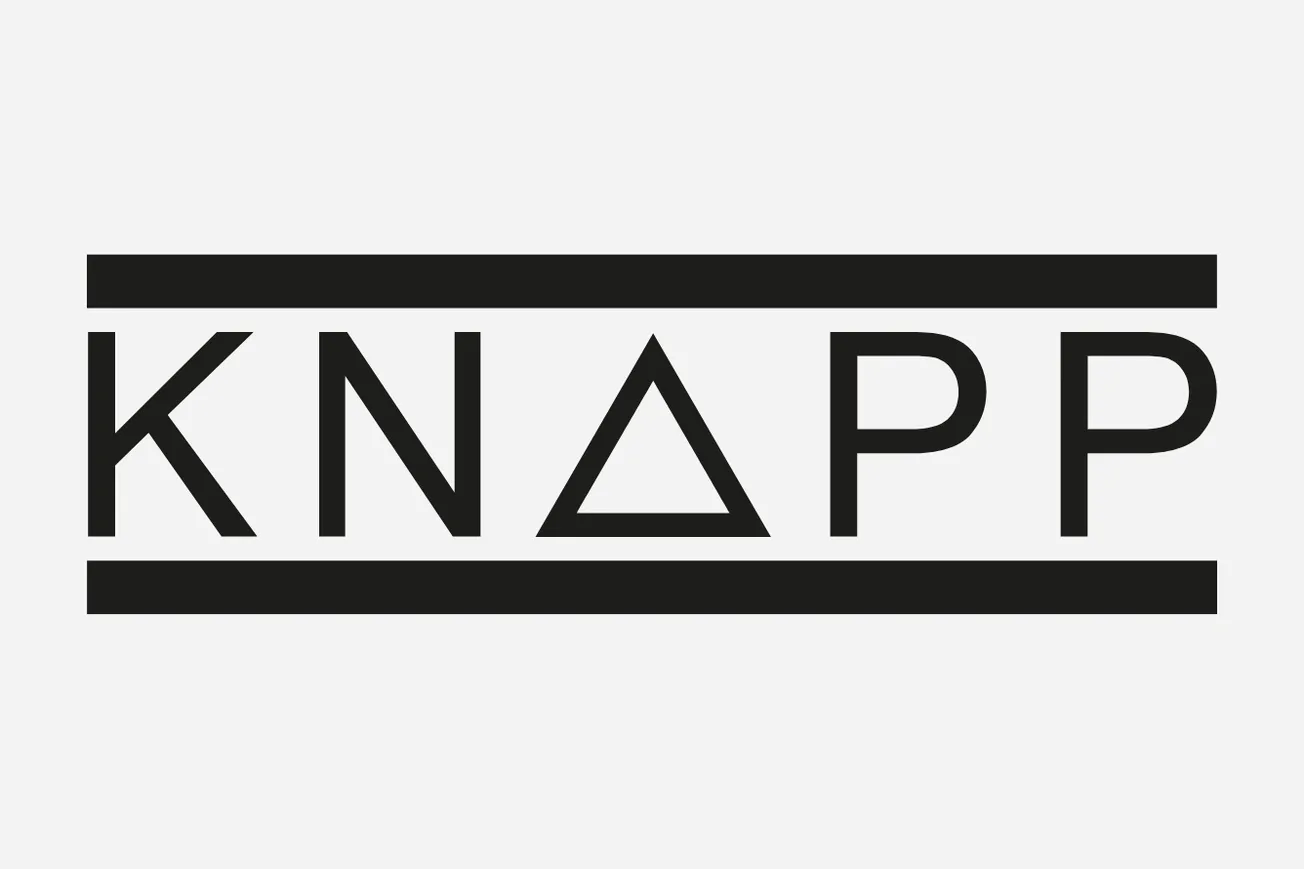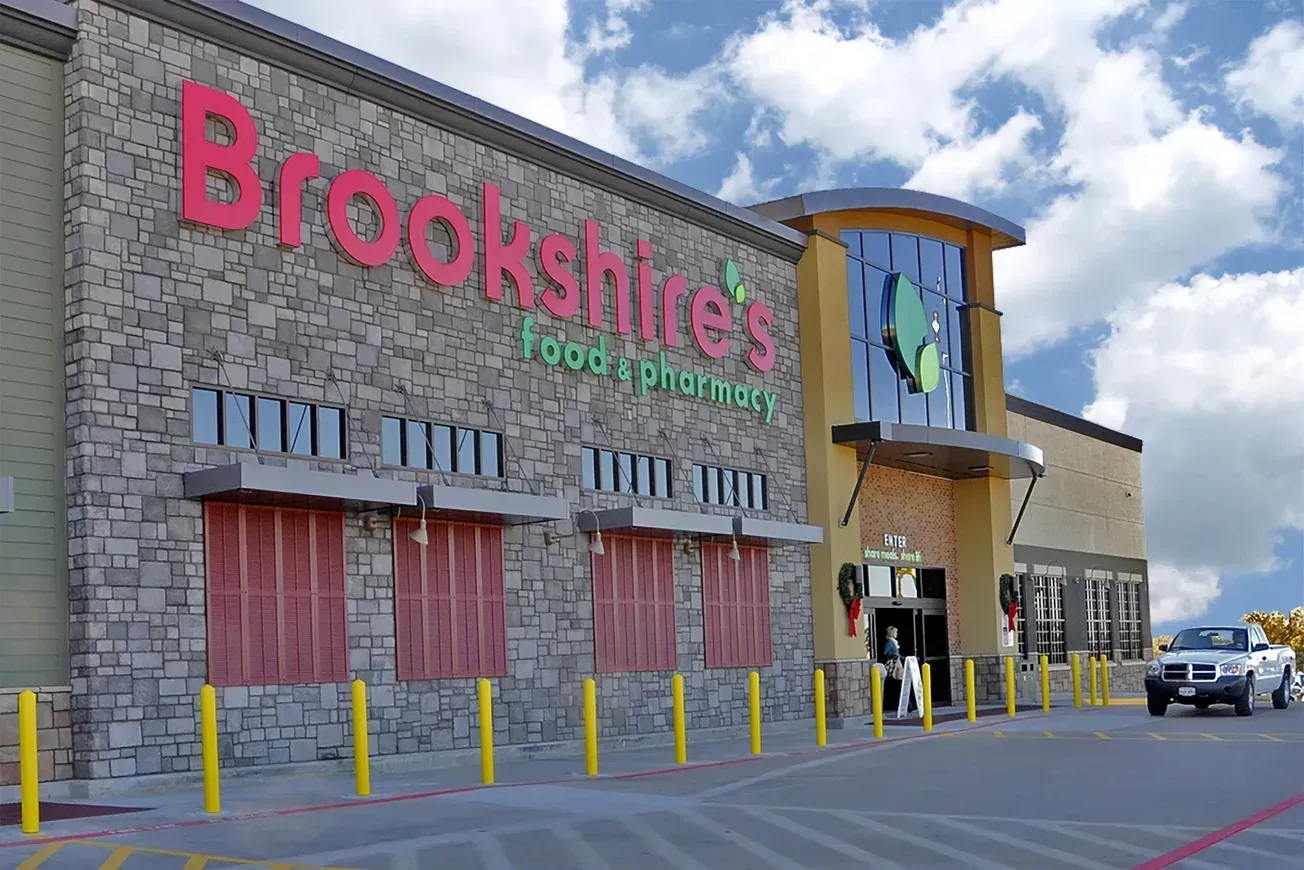STAMFORD, Conn. — Purdue Pharma has offered a $1 million grant to support the operation of a prescription drug monitoring program (PDMP) in Florida to help combat the illegal diversion and abuse of prescription medications.
In addition, the pharmaceutical maker on Wednesday announced a $1 million grant to the National Association of Boards of Pharmacy (NABP) to support the organization’s program to help state PDMPs to detect "doctor shopping" across state lines.
Plans call for Purdue to provide $500,000 a year for two years to the nonprofit Florida PDMP Foundation, established to raise funds for the operation of the state’s PDMP, provided that the program becomes operational under the legislation passed in 2009. Purdue said it will seek to work with state officials and other parties in Florida, as well as with other states, to develop a long-term solution to provide dedicated funding for PDMPs.
The illegal diversion and nonmedical use of medications such as pain relievers, tranquilizers, and stimulants is a serious problem in Florida and nationwide, Purdue noted. In addition, patients may be denied prescription drugs because prescribers fear abuse and diversion.
And since over 30 states have already implemented PDMPs to reduce pharmaceutical diversion, drug seekers from other states are reportedly traveling to Florida to obtain medication for abuse or illegal sale, according to Purdue. In 2009, the Florida legislature passed legislation to establish a PDMP, but the program has not been implemented, in part due to a lack of sustainable funding.
"We understand that the governor of Florida is facing difficult choices and financial constraints that may prevent the state from implementing its prescription drug monitoring program," stated John Stewart, president and chief executive officer of Purdue Pharma. "We appreciate the financial position but at the same time believe that a prescription drug monitoring program in Florida can help curb prescription drug abuse in that state and in other states as well. It is our hope that this effort can become part of a larger public-private partnership to address the abuse and diversion of prescription medications."
Meanwhile, Purdue said its $1 million grant to NABP will fund implementation of the PMP Interconnect Hub, designed to enable health care professionals to track prescriptions for monitored drugs in other states and help detect "doctor shopping" across state lines, while also protecting patients’ privacy.
Currently, state PDMPs do not have the ability to share data with monitoring programs in other states, Purdue pointed out. Consequently, some drug seekers evade detection by filling prescriptions at pharmacies in several states.
Purdue said that for more than a decade it has worked with state officials, health care professional organizations, law enforcement and other parties to establish state PDMPs that help detect illegal diversion of controlled substances, while ensuring patient privacy and access to appropriate medical care. To date, more than 43 states have enacted legislation to implement such programs, and more states are considering such legislation, the company reported, adding that 34 state PDMPs are operational.
The drug maker noted that it has also supported the enactment of the federal National All Schedules Prescription Electronic Reporting (NASPER) program and provided grants in 2009 and 2010 to the National Association of State Controlled Substances Authorities to provide funding to states to support the operation, expansion and awareness of prescription drug monitoring programs.







